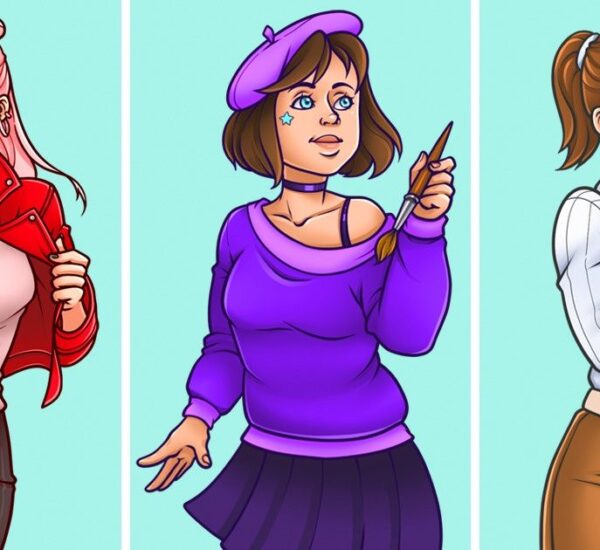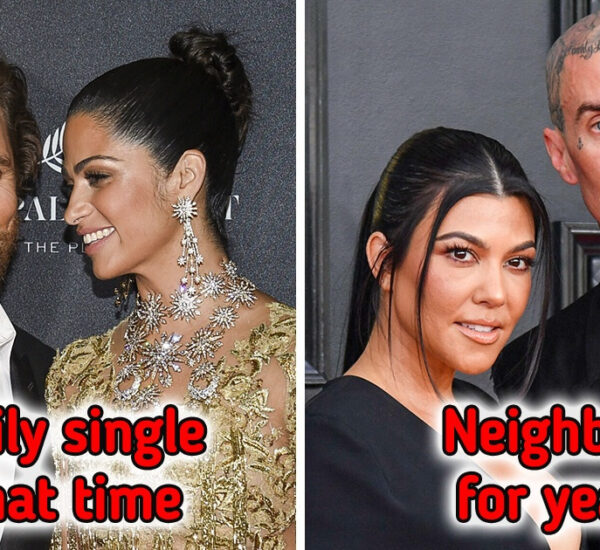According to licensed marriage and family therapists, how we grew up during childhood has a big effect on our romantic relationships today. If you’ve ever wondered why your bonds didn’t pan out, that doesn’t mean they just happened.
Instead, the relationships we build with our parents play an important role in what we expect from our partner, how we receive and express love, and how we respond to others in stressful interactions.
We have compiled 6 different types of love styles and we hope to help you determine how you love and how you want to be loved based on a book written by experts.
The Pleaser
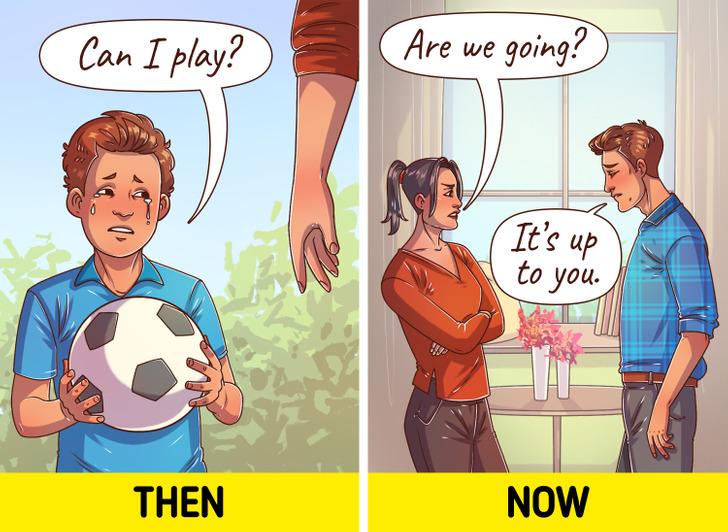
Pleasers are often those who grew up with grumpy, controlling, and critical parents. If your parents always found fault with something you did, or if you thought they only showed love when you got a good grade in school, then you might be a treat today.
Pleasers seek acceptance and validation, and always make sure to put everyone’s happiness before their own. If you like to please, you may lack initiative, be very indecisive, and generally be passive in your relationships.
The Victim
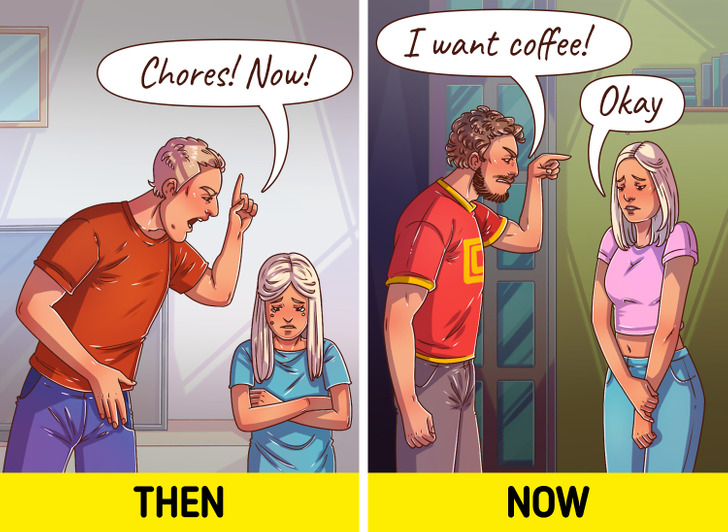
The victims grew up in messy homes and their parents were violent and rude. They did not like to be noticed or talked about, they were quite reserved and learned to endure the unbearable.
From time to time, some of these children built up an entire inner world to stay out of the realities of their abusive world.
As adults, they may have a hard time finding their worth and can often feel awkward, disinterested, and apathetic. They may even find themselves in a relationship with a controlling partner and meet their partner’s needs as they did with their parents.
The Controller
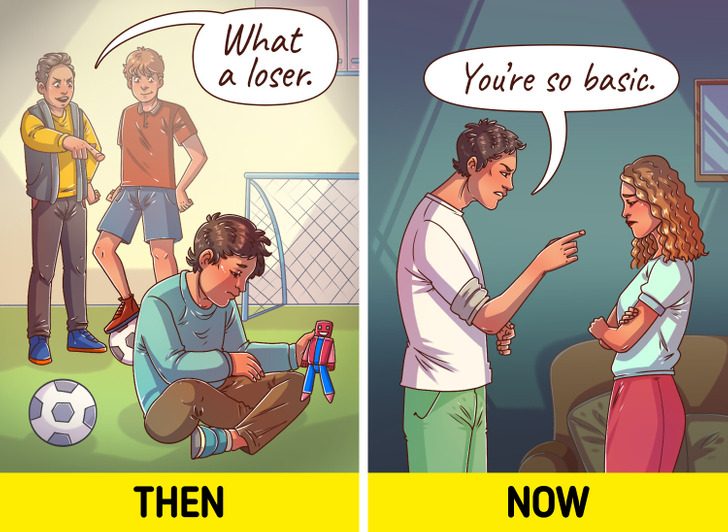
Controllers need their control over certain aspects of life because it allows them to let go of the tender emotions they went through as children.
This control is actually your protection against negative emotions like fear, shame, and helplessness. Since anger is one of the “safe” feelings, they often latch on to that emotion to direct them.
As they grow and find a mate, they become bold, stubborn, and rigid. They tend to rely primarily on themselves rather than their partner and are less likely to ask for help.
The Vacillator
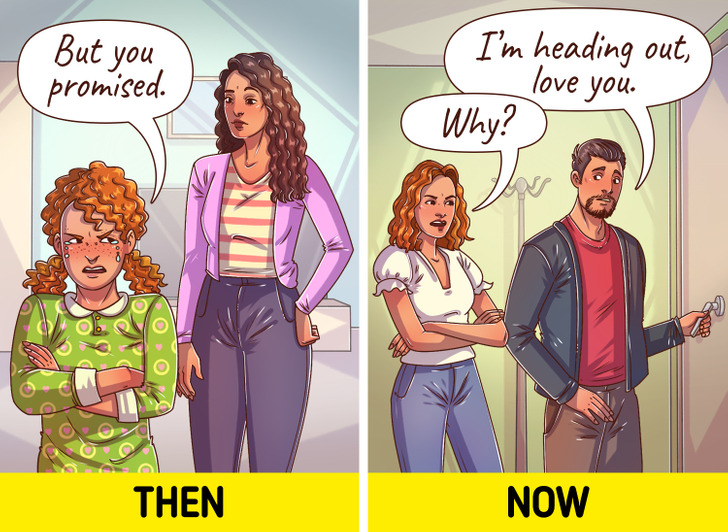
The vacillator grew up with highly unpredictable parents who were insecure, unstable, and erratic in expressing their love and affection for their children.
If your parents made a promise to you as a child and ultimately didn’t keep that promise, you may have had a hard time trusting them again, which may have left you feeling abandoned.
As an adult, you are looking for a reliable and stable relationship, something that you may never have had as a child. The hesitant seek the perfect love and do not like to feel abandoned. Since love can never be perfect, they can end up feeling disappointed and bitter.
The Avoider
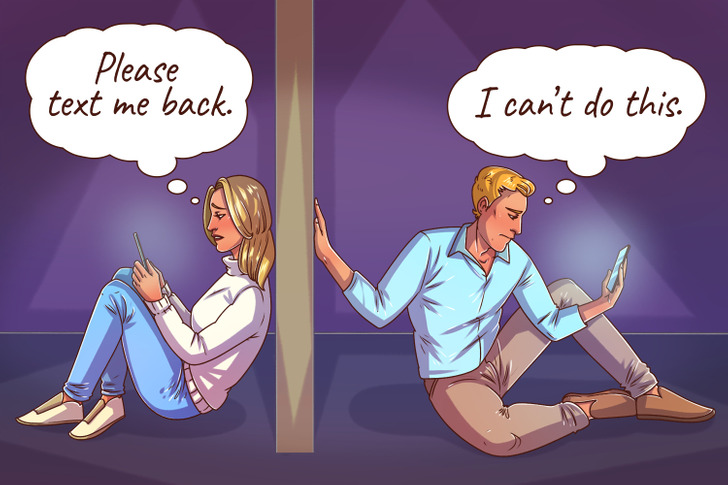
Avoiders grew up trusting in themselves and learned to be independent, this is because they were used to their parents not giving them much love when they were children.
Their parents taught them that being emotional was the same as being weak and that it is better to trust yourself.
Because of this, as adults, they tend to hide their emotions and rarely ask for help or tell someone what they want/need.
In relationships, they may be afraid to show closeness and intimacy with their partner and may seem very isolated, distant, and uncommitted.
What style of love do you see yourself in? Tell us in the comments!

